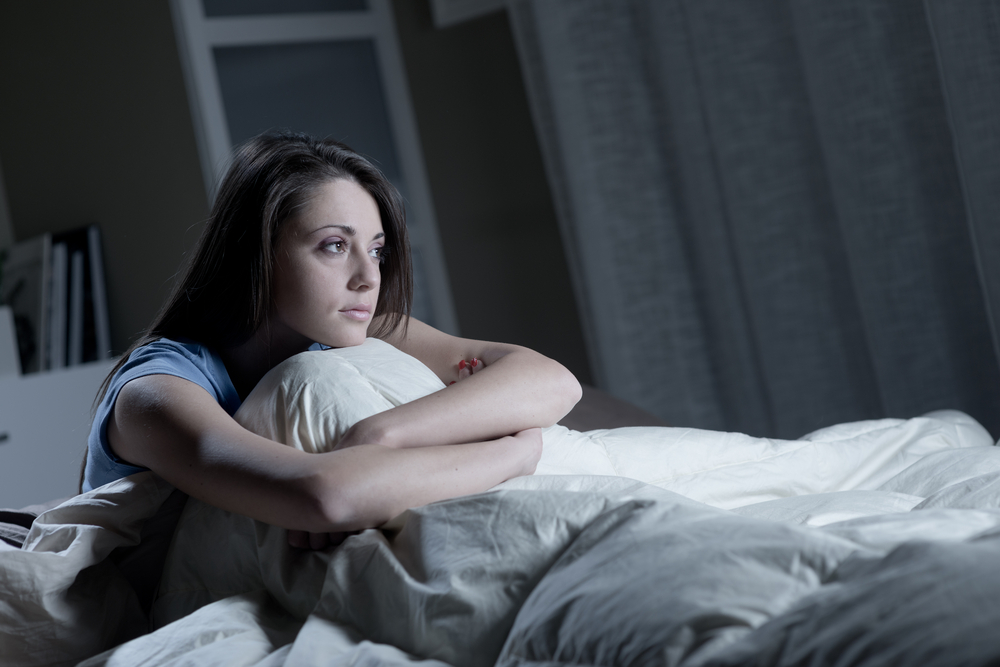Menopause, Insomnia and Aging

Aging is something we must inevitably face. Some of us are lucky enough to have fortunate genetics that makes it harder for age to touch us, but not everyone has such a benefit. Most of us need to work at it to age gracefully. This involves a careful management of our lifestyles to ensure our bodies and minds age well. There are various ways anyone can do this with a good diet and regular exercise going a long way to helping everyone. We can’t evade all symptoms of aging though. Most women will experience menopause at some point along with the various symptoms and difficulties it brings with it. It can be particularly trying given how difficult it is for the body to adjust to the shifts in hormones that menopause represents. It can cause various issues for the body and mind including changes to the skin and sleep patterns. As a result, we’re going to touch on what all one can expect and ways to counter them as we each age.
Trials and Tribulations
Menopause is different for each person, but there is a broad collection of symptoms that make it relatively easy to diagnose even on one’s own. They are fairly broad ranging as the gradual decrease of estrogen concentration affects the body in a myriad of ways. Generalized fatigue is a fairly common symptom of menopause for many women though. It makes it unpleasant and difficult to even get out of bed some days. Hot flashes are also fairly common. All of this gets paired with night sweats and other symptoms that make life quite unpleasant. Naturally, many women report disturbed sleep during menopause both as a result of these symptoms and because of other issues. You can do things to try to help manage these difficulties and make it through though. Getting enough sleep is one of the more important things we need to do as we age to ensure our bodies have the time to repair the damage.
Getting That Sleep
Insomnia is one of the more vicious manifestations that disturbed sleep can take for women during menopause. The sleep condition can take several forms with them broadly being separated into versions that make it difficult to fall asleep, make one more prone to wake early, and ones that make it difficult to stay asleep. This makes sleep hygiene very important to women suffering from insomnia. Avoid keeping your home bright in the event and favor dimmer lights. This will let your brain appropriately calm down as it would naturally as opposed to continuing to believe it is day. Turn off your electronics and alarms whenever possible as well. Insomnia is difficult enough without outside circumstances hurting your ability to sleep too. You’ll want to also become a bit more flexible about sleep. If you can’t get to sleep, get up again and do something relaxing for a quarter to half an hour like reading a book or drinking tea before trying to sleep again. Laying in bed will just make you frustrated and make it more difficult to sleep. You’ll have enough frustrations from your skin without adding more to your life.
Your Changing Skin
Menopause represents a decrease in the body’s available estrogen. This has a profound impact on your skin over time. It will produce less collagen. The increasing prevalence of testosterone can lead to oilier or, more likely, drier skin and unwanted hair growth. Menopause means paying close attention to your changing skin to figure out what your skin needs the most as part of proper support. Pay close attention to your skin to ensure that you moisturize it properly to avoid the double-pronged attack that can lead to breakouts. Do be aware that your skin will be thinning as well over the course of menopause. This is going to make it easier to damage at the same time your skin will be having more trouble repairing itself. Be a little more gentle and caring with your skin. The general rules are to make sure you have a rich moisturizer and are utilizing products rich in vitamins A, C, and E to ensure that your skin is being nourished in such a way that it supports collagen production.
Getting enough sleep will help your skin. You’ll have to try a little harder to get your beauty sleep during menopause though. Don’t forget to take the time to ensure you’re using helpful products to help manage the changes to your skin either. Menopause may be an unpleasant time, but you don’t have to let it wreck your carefully managed skin.

